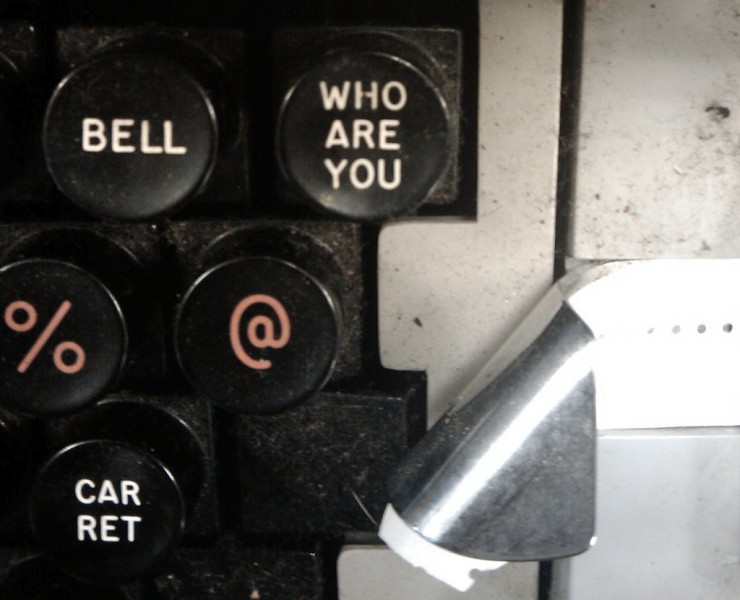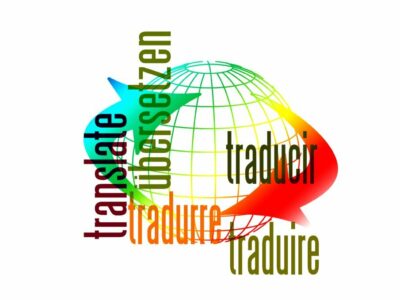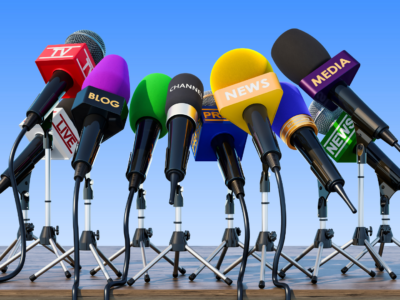
The WHO ARE YOU key by Paul Downey's, from his Flickr account under Creative Commons License (CC BY 2.0).
The Weekly Writing Tips are a collection of best practices for writing and reporting at Global Voices. December's tips are brought to you by Mary, regional editor for Latin America.
These are tips I have been given and they have proven to be very useful in my journalistic life.
We know that Who is one of the 5 Ws. Who is the person or persons involved in the story.
We must be sure to spell their names correctly. Link to a blog, biography, Wikipedia, or social media profile. In order to add a deeper level of connection, we can introduce a title, experience, background, motivations and relationships in the story.
Try to help the audience understand her or him better or at least give them the tools available to learn more about the person.
In this regard, our Style Guide suggests:
If they are a well-respected blogger, area expert or media professional, mention that in the text leading into the quote. This establishes their credibility as a source.
Do we have first-hand declarations from them? If available, highlight that.
Is he or she a victim? Then their testimony is sacred.
We should treat the Who as the most important ‘W’. Why? Because, as the media, we have the power to perpetuate stereotypes or stop them.
Here is an example:
New York Times Regrets Calling Dead Irish Students Drunk Party Animals
The New York Times published a story about six college students from Ireland who died after a balcony collapsed. The author wrote that the students became “a source of embarrassment for Ireland, marked by a series of high-profile episodes involving drunken partying and the wrecking of apartments in places like San Francisco and Santa Barbara.”
This is irrelevant, insensitive, and inaccurate (doesn’t have any facts or data supporting it). It is just judgmental.
In these cases, GV is very serious about its values:
-
Avoid stereotyping by race, gender, age, religion, ethnicity, geography, sexual orientation, disability, physical appearance or social status.
-
Be aware of the labels you attach to individuals, people and groups. Question terms, names, photos or practices used in other media and by governments – only use labels that are in line with our code and values.
These are the basic notions about this Who, but now I want to introduce another Who.
Who is this story for?
In his blog, Seth Godin, an American author, says:
“It's almost impossible for a piece of writing to change someone. It's definitely impossible for it to change everyone. So… who is this designed to reach? What do they believe? Do they trust you? Are they inclined to take action?”
Who is my audience? What do they know? What do they want? What should they know?
Every day, you gain a reader; treat them like a new one, always. Think about our audience: What are they missing, how can we present an alternative to the one-sided narrative of other media outlets?
There is yet another important Who, according to Godin.
Who are you?
Writing comes from someone. Are you writing as scientist, reporting the facts? Are you an angry op-ed writer, seeking political action? Or are you perhaps the voice of an institution, putting up an official warning sign in an official place?”
What are your motives and what is your role in the story? There are three main roles you can play in a story:
You are the subject: I am not going to explain more because Global Voices doesn't normally write first-person narratives. All I have to say is this: it is not about your opinion; you are writing in the first person because through your story we can know others’ stories.
You are a witness: I love to cite the example of Joey Ayoub and Marcel Shehwaro, because they have first-hand experience and that’s powerful. They were witnesses, and therein lies the power of the story.
You are a curator: You carefully present your audience with the different opinions and angles of the people involved in the story. You are not there. You cannot assure anything. All you have to do is recount what happened, based on reliable sources, and cite them. Contrast them. Look for independent or not directly involved people or organizations’ testimonies.
An example: I love this story from one of my authors, Elizabeth, because she curated the different perspectives on the topic.
And since I believe that less is more, I would like to finish with a phrase that I read on Godin’s blog:
Writing can make a difference. Write to make a difference”



